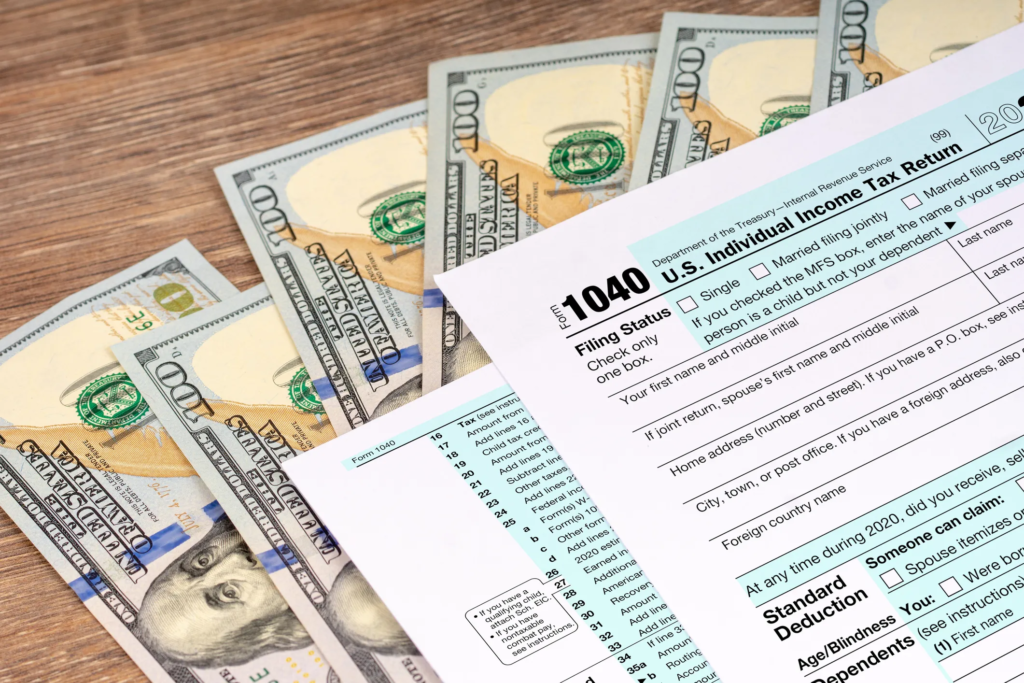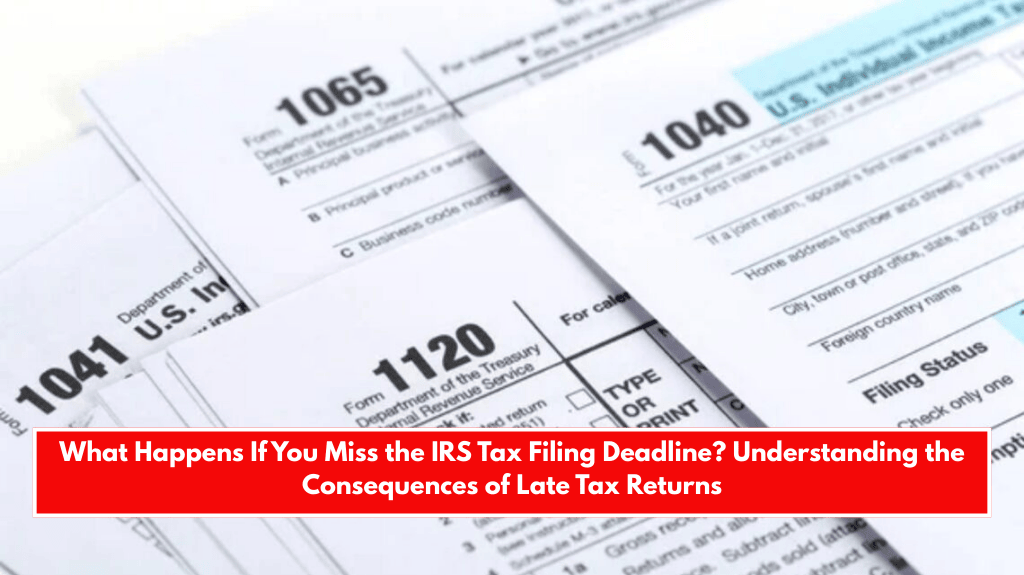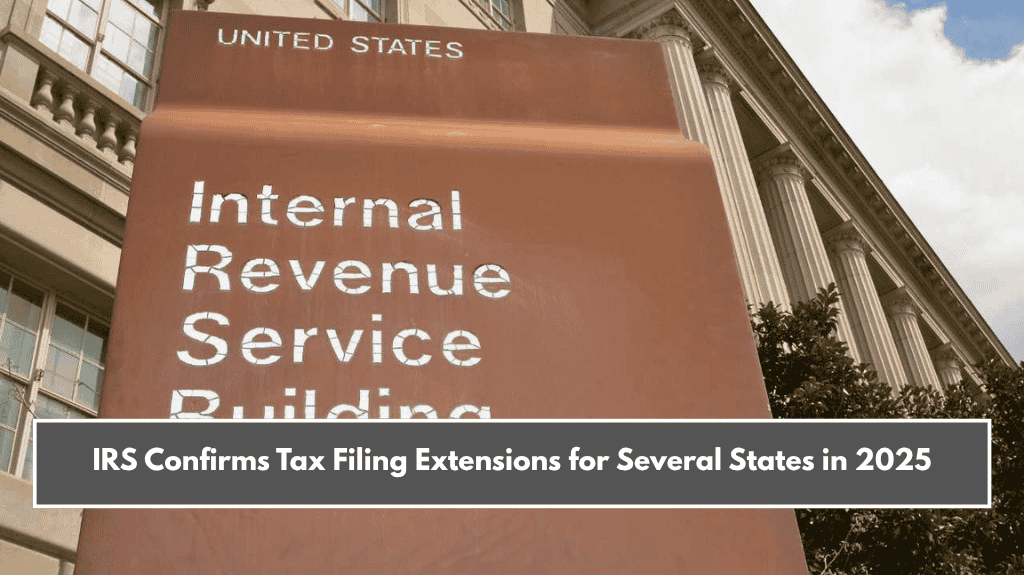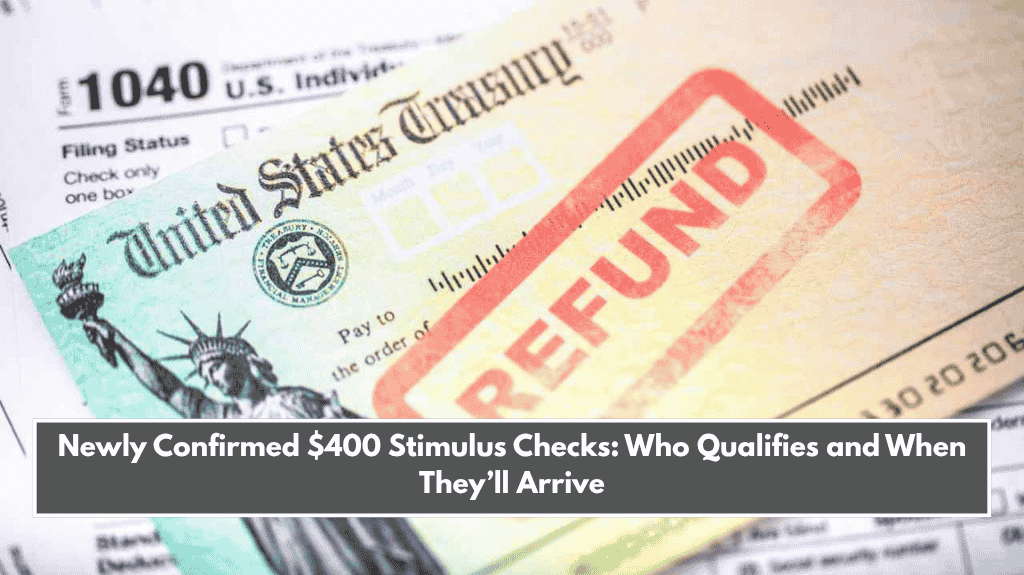Taxes are as inevitable as breathing, yet many of us have found ourselves procrastinating when it comes to filing our tax returns. With IRS Tax Day set for April 15, 2025, the deadline is rapidly approaching. But what happens if you miss it? Are the consequences severe, or can they be avoided? In this article, we’ll explore the implications of filing your taxes late and what you can do to minimize penalties and protect your refund.
What Happens When You Try to Misguide the Tax System?
There’s no statute of limitations on filing taxes. The IRS may not always pursue individuals with unfiled tax returns older than 6 years, but it can still take action in cases of long-term non-compliance. The rules also vary from state to state, so it’s crucial to understand how your state handles tax filing and penalties.
For mailed returns, the IRS uses the postmarked date on the envelope to determine when the tax return was sent. If you submit your return late, the IRS could take additional steps to file your taxes on your behalf, particularly if they have access to your W-2 form. This could lead to a substitute return being filed for you, which may result in a Notice of Deficiency and a tax assessment proposal.
The downside of a substitute return is that it prevents you from taking advantage of potential exemptions and deductions that would have normally been available, which could cost you more in taxes.
What Happens if You Miss the Filing Deadline?
If you’ve just realized that the tax deadline has passed, you might wonder if you should simply wait until next year. But filing late is better than not filing at all. The key factor here is time. The sooner you file, the better—because the longer you wait, the higher the penalties can become.
Refunds: Don’t Worry, They’re Not Lost
One good news is that tax refunds are not forfeited if you file late. They may be delayed, but they can still be claimed within three years from the filing deadline. After that, your refund will be forfeited. So, don’t worry—your refund is still safe as long as you file within the allowable period.
Penalties for Late Filing and Payment
Even though refunds aren’t lost, the IRS penalties for late filing and payment are something you’ll need to keep in mind. Here’s a breakdown of the potential penalties:
Failure to File Penalty:
- This penalty is 5% of the total amount owed to the IRS for every month that your return is late. If you’re just a few days or weeks late, this penalty still applies but will be prorated.
- 1 to 30 days late: The IRS considers this as one month late, and you will incur a 5% penalty.
- Beyond 30 days: The penalty can increase to a maximum of 25% of the total amount owed.
Failure to Pay Penalty:
- This penalty applies to any unpaid taxes and is charged at 0.5% of the total amount owed per month.
- Over time, this penalty can also add up to 25% of your total unpaid amount.
- If you file your return but don’t pay the full amount, you’ll be hit with both the failure to file and failure to pay penalties. However, in some cases, the IRS may reduce the total penalties owed.

Interest Charges:
- In addition to the penalties, the IRS charges interest on the overdue amount at an annual rate of 7% (this can change, so it’s worth checking the IRS website for updates).
How to Minimize Late Filing Penalties
- File as Soon as Possible
If you missed the deadline, file as soon as you can to avoid further penalties. The longer you delay, the higher the penalties will be. Don’t wait until next year. - Pay What You Can
If you can’t pay the full amount, it’s better to pay what you can right now. The IRS offers payment plans for those who are unable to pay the full tax bill immediately. This can help ease the financial burden while you continue making payments. - Contact the IRS
If you’re in financial hardship, it’s always a good idea to contact the IRS and work out a payment arrangement. Ignoring the issue will only make things worse in the long run. - Use IRS-Approved Tax Software or a Professional
Filing your taxes correctly from the start will save you from penalties. Using IRS-approved e-filing software or consulting with a tax professional can help reduce errors and ensure timely submission.
Consequences of Late Filing: Summary
- Refunds: Refunds are not forfeited but may be delayed. They can be claimed up to three years after the filing deadline.
- Penalties for Late Filing: A 5% penalty applies for each month your return is late, with a maximum of 25% of the total owed.
- Failure to Pay Penalty: If you owe taxes, a 0.5% penalty is applied monthly, up to 25% of your unpaid amount.
- Interest: Interest on unpaid taxes is charged at 7% annually.
The Bottom Line: Don’t Ignore Your Taxes
It’s always better to file your tax return, even if it’s late, than to ignore it altogether. While the penalties can add up, taking action now can minimize the damage. If you can’t pay your taxes in full, the IRS offers payment plans and options for those who are facing financial hardship. So, file as soon as possible and start making arrangements to avoid further penalties or interest.
If you’re unsure about how to proceed, consider seeking advice from a tax professional who can help guide you through the process and ensure you’re in the best position moving forward.















